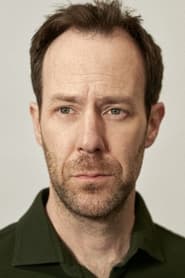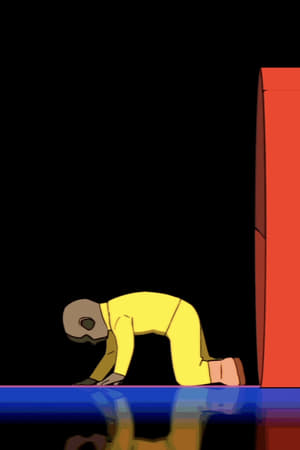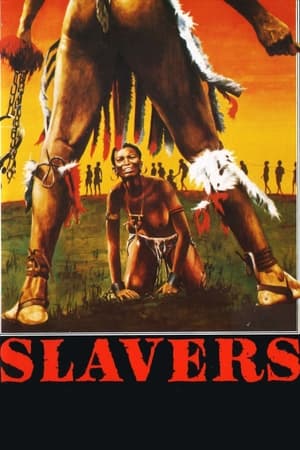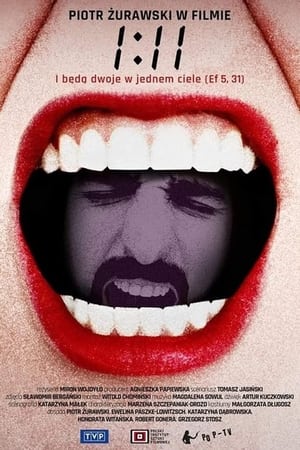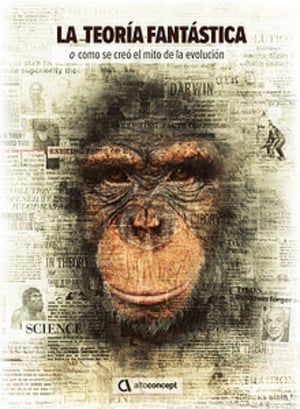
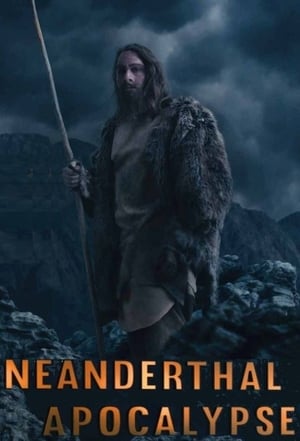
Neanderthal Apocalypse(2015)
40, 000 years ago the steppes of Eurasia were home to our closest human relative, the Neanderthals. Recent genetic and archaeological discoveries have proven that they were not the dim-witted cave dwellers we long thought they were. In fact, they were cultured, technologically savvy and more like us than we ever imagined! So why did they disappear? We accompany scientists on an exciting search for an answer to this question and come to a startling conclusion …

Movie: Neanderthal Apocalypse
Top 3 Billed Cast

Neanderthal Apocalypse
HomePage
Overview
40, 000 years ago the steppes of Eurasia were home to our closest human relative, the Neanderthals. Recent genetic and archaeological discoveries have proven that they were not the dim-witted cave dwellers we long thought they were. In fact, they were cultured, technologically savvy and more like us than we ever imagined! So why did they disappear? We accompany scientists on an exciting search for an answer to this question and come to a startling conclusion …
Release Date
2015-09-19
Average
7
Rating:
3.5 startsTagline
Genres
Languages:
EnglishFrançaisKeywords
Recommendations Movies
 9.9
9.9The Way to the Heart(en)
Ava, an award-winning chef at a big-city restaurant, has lost her spark. Her boss sends her out to find herself to save her menu and her job. She returns home and finds little to inspire her, but when she reunites with her childhood friend Logan, Ava has to get her head out of the clouds and her foot out of her mouth to rediscover her passion for food.
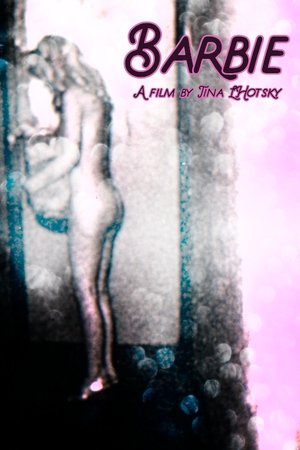 6.7
6.7Barbie(en)
Barbie comes home from shopping. She takes her groceries out of the bag and unwraps a little Barbie doll. She fries up the Barbie doll and eats it.
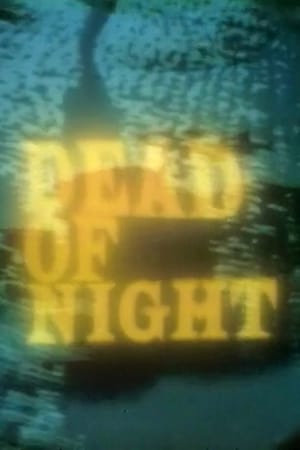 6.4
6.4Dead of Night: A Darkness at Blaisedon(en)
Investigator Jonathon Fletcher and his assistant Sajeed Rau investigate an apparently haunted mansion at the request of the woman who has inherited it.
 6.0
6.0Cinema Pameer(en)
Cinema Pamir is where the people of Kabul come to escape and dream away the war that surrounds them. This is the story of the cinema itself, the many inspiring characters surrounding it, how everyday life has been torn apart, and how film can inspire and catalyze change even in the struggling and poor society of wartime Afghanistan.
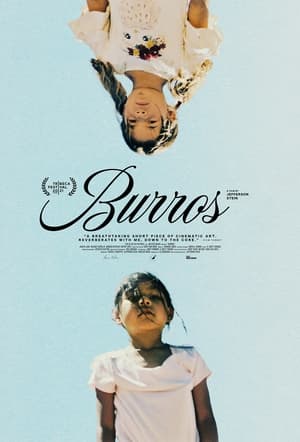 6.7
6.7Burros(en)
In southern Arizona, twenty miles from the Mexico border, a young Indigenous girl discovers a Latina migrant her age who has been separated from her father while traveling through the Tohono O’odham Nation into the United States.
The Siege(en)
A team of armed Pakistani militants stage a terrorist attack at the Taj Mahal Palace Hotel in India.
 5.0
5.0Bike Vessel(en)
Pulled pork, ribs, and liverwurst sandwiches — these are a few of the Southern delicacies filmmaker Eric D. Seals grew up eating alongside his father, Donnie Seals, Sr. But after facing death and undergoing the first of three quadruple bypass operations, the elder Seals decided to completely overhaul his life. Bike Vessel chronicles Donnie’s new chapter after becoming an avid cyclist, and follows the two men as they set out on an epic bike ride from St. Louis to Chicago.
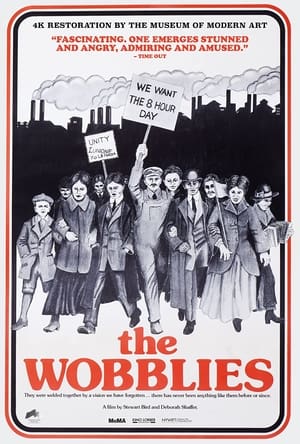 6.4
6.4The Wobblies(en)
"Solidarity! All for One and One for All!" With that slogan, the Industrial Workers of the World, aka the Wobblies, took to organizing unskilled workers into one big union and changing the course of history. This award-winning film airs a provocative look at the forgotten American history of this most radical of unions, screening the unforgettable and still-fiery voices of Wobbly members--lumberjacks, migratory workers, and silk weavers--in their 70s, 80s, and 90s.
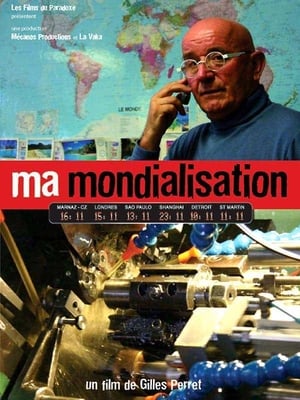 7.0
7.0Ma mondialisation(fr)
A business leader from Haute-Savoie explains his relationship to globalization.
 5.8
5.8The Windbag(el)
A pretentious lawyer, the scion of an aristocratic family, falls in love with a simple receptionist and rejects her, unaware that she is the daughter of a count.
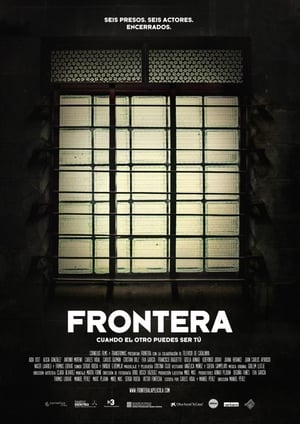 5.8
5.8Frontera(en)
The theater group within the prison of Cuatro Caminos, which includes a total of six prisoners-eight volunteers, it was decided to stage the play "12 Angry Men". However, his dream will be lowered when a contagious infection forced to remain isolated inside. Fear and lack of information to jump trigger alarms and the group is consumed by stress. With the participation of real prisoners, this film is an innovative proposal to help them pass and live, while participating in a larger project.
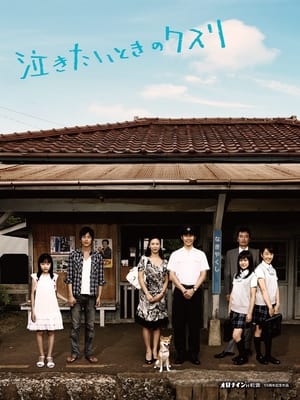 7.0
7.0Nakitai toki no kusuri(ja)
Five passengers stare at a middle-aged man weeping on a train - a young man with a broken heart, an office worker exhausted from work, a new station attendant, a salaryman who cannot cry, and a lost high school girl.
 10.0
10.0MILKSHAKE(pt)
 6.0
6.0My Paper Life(fr)
In Brussels, the Iranian artist and film director Vida Dena meets Naseem, father of a Syrian family who fled from the war. Within the walls of their precarious home, she talks with Hala and Rima, his two eldest daughters, through drawings. The little bits of coloured paper come to life on the screen to relate the memories, dreams and destiny of this family in exile.
Similar Movies
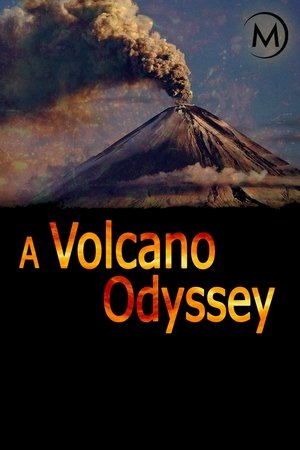 8.3
8.3A Volcano Odyssey(fr)
The epic story of the life of a volcano, capable of both causing the extinction of all things and helping the evolution of species, over 60 million years.
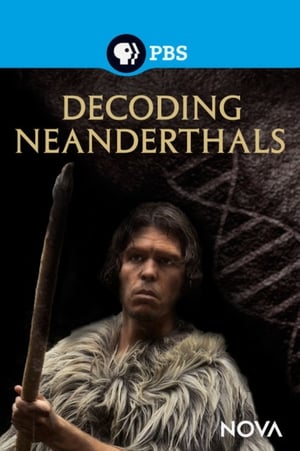 8.0
8.0Decoding Neanderthals(en)
Over 60,000 years ago, the first modern humans left their African homeland and entered Europe, then a bleak and inhospitable continent in the grip of the Ice Age. But when they arrived, they were not alone: the stocky, powerfully built Neanderthals had already been living there for hundreds of thousands of years. So what happened when the first modern humans encountered the Neanderthals? Did they make love or war?
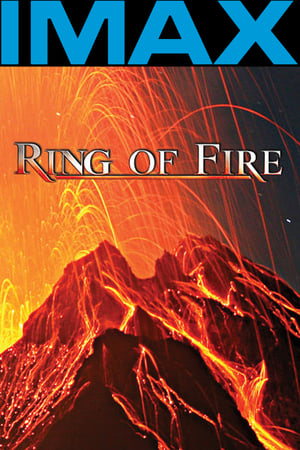 6.5
6.5Ring of Fire(en)
Ring of Fire is about the immense natural force of the great circle of volcanoes and seismic activity that rings the Pacific Ocean and the varied people and cultures who coexist with them. Spectacular volcanic eruptions are featured, including Mount St. Helens, Navidad in Chile, Sakurajima in Japan, and Mount Merapi in Indonesia.
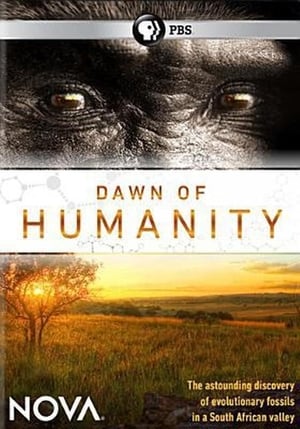 7.5
7.5Dawn of Humanity(en)
Nova and National Geographic present exclusive access to an astounding discovery of ancient fossil human ancestors.
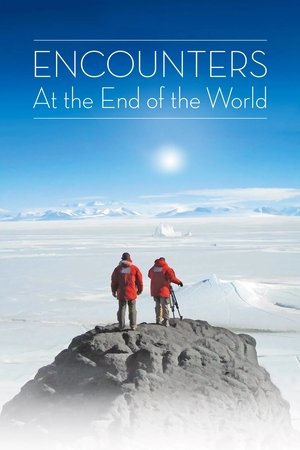 7.4
7.4Encounters at the End of the World(en)
Herzog and cinematographer Peter Zeitlinger go to Antarctica to meet people who live and work there, and to capture footage of the continent's unique locations. Herzog's voiceover narration explains that his film will not be a typical Antarctica film about "fluffy penguins", but will explore the dreams of the people and the landscape.
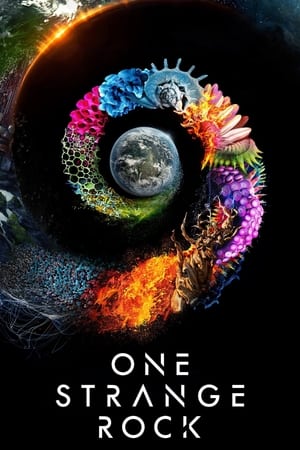 5.7
5.7One Strange Rock(en)
A mind-bending, thrilling journey exploring the fragility and wonder of planet Earth, one of the most peculiar, unique places in the entire universe, brought to life by the only people to have left it behind – the world’s most well known and leading astronauts. This edit combined episodes one and ten to create a new movie.
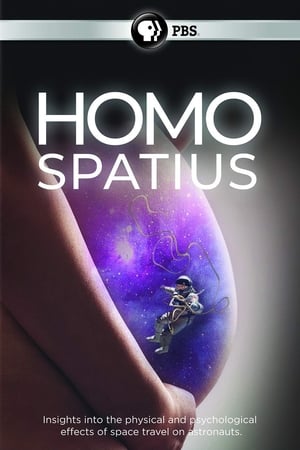 6.1
6.1Homo Spatius(fr)
Can Homo sapiens evolve into Homo spatius? For over 50 years now, we have been testing our human nature in our effort to conquer outer space, and still 30 years away from a possible human exploration of Mars, a question remains: Can our body take such travels? Will it ever adapt? Combining human adventure and the exploration of the human body, this film offers unique insights into the physical and psychological effects of space travel on the Astronauts and measures the impact on medical sciences.
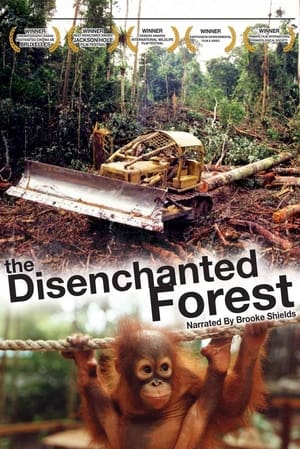 0.0
0.0Disenchanted Forest(en)
We call them o-rang-u-tans, which literally means "forest persons" in the Malay and Indonesian languages. They are the only great apes native to Asia. Of all the apes, they are the closest to man in genetic makeup. And they face extinction. Two years in the making, the film is an intimate portrayal of the world of orangutans, the threats to their survival and the people committed to help them thrive. The film focuses on a recent discovery that orangutans do not rely on animal instinct for survival, but instead have a culture that they have preserved from generation to generation.
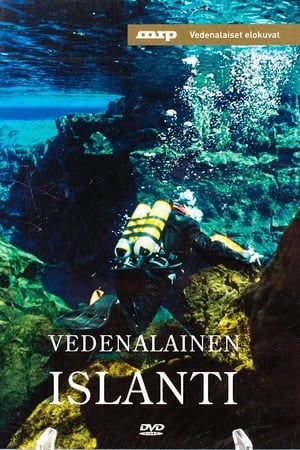 5.5
5.5Underwater Iceland(en)
Marko Röhr's film crew takes the viewer to Europe's last unexplored area: Iceland's unique underwater world. We explore the geysers of boiling waters and the crystal clear lakes off the coast of Iceland. We dive under the icebergs, into the tears between the continental plates and into the deep caves.
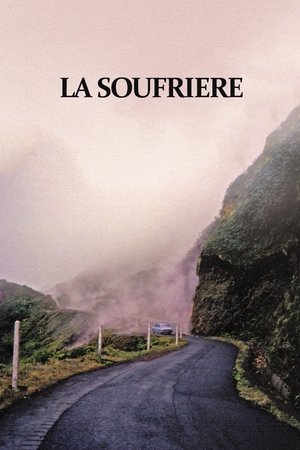 7.3
7.3La Soufrière: Waiting for an Inevitable Catastrophe(de)
Werner Herzog takes a film crew to the island of Guadeloupe when he hears that the volcano on the island is going to erupt. Everyone has left, except for one old man who refuses to leave.
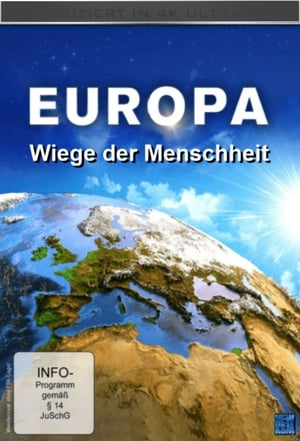 7.3
7.3Out Of Europe(de)
Looking at whether the history of early human evolution should be rewritten. For decades, most experts have been convinced that Africa is the cradle of mankind and many fossil finds from Kenya, Ethiopia, South Africa and Chad seemed to prove it.
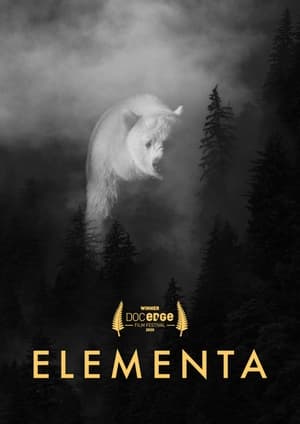 6.5
6.5Elementa(en)
A black-and-white visual meditation of wilderness and the elements. Wildlife filmmaker Richard Sidey returns to the triptych format for a cinematic experience like no other.
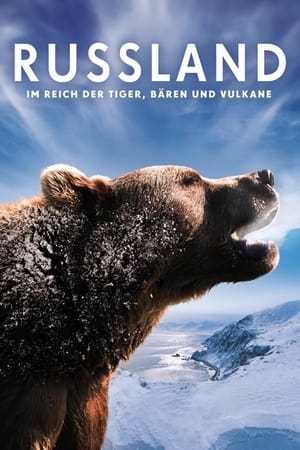 6.6
6.6Russia - In the Realm of Tigers, Bears and Volcanoes(de)
A window into Russia, unknown to Western man, and even to many Russians. "Russia - the largest country in the world. In many of its parts, it remains unknown world full of wonders. Let the world and will continue for the generations that come after us".
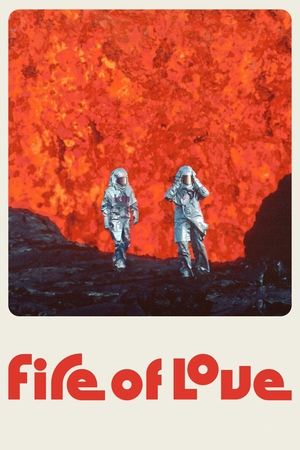 7.5
7.5Fire of Love(en)
A doomed love triangle between intrepid French scientists Katia and Maurice Krafft, and their beloved volcanoes.
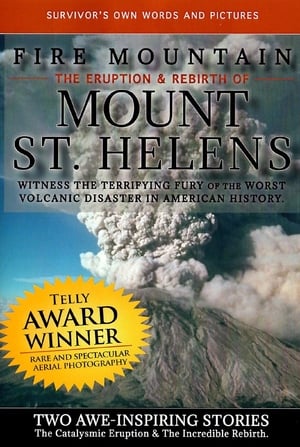 10.0
10.0Fire Mountain: The Eruption and Rebirth of Mount St. Helens(en)
In 1980, the eruption of Mount St. Helens leveled 230 square miles, sent 540 million tons of ash and volcanic rock twelve miles into the air, and blasted one cubic mile of earth from the crest of the Cascade Mountain Range. Illustrates the terrifying fury of the most destructive volcanic disaster in American history through aerial photography and survivors' own words. Shows examples of nature's plant and animal recovery seventeen years later.
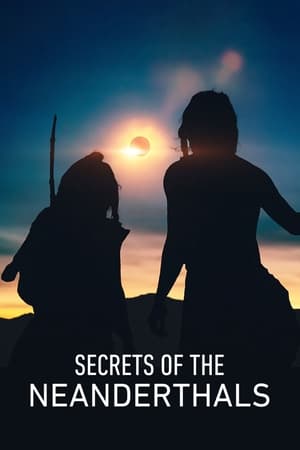 6.8
6.8Secrets of the Neanderthals(en)
This documentary delves into the mysteries surrounding the Neanderthals and what their fossil record tells us about their lives and disappearance.
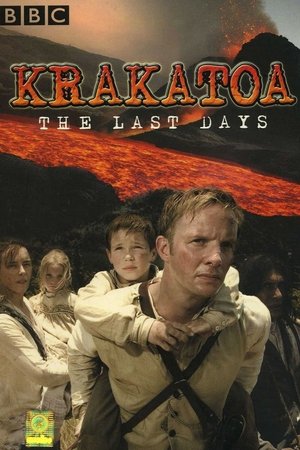 6.3
6.3Krakatoa: The Last Days(en)
A historical drama documentary depicting the eruption of Krakatoa volcano in 1883. The volcano was located in the Sunda strait in Indonesia and its eruption resulted in tsunami, rains of coals and ash, and ended with a very hot tsunami. The eruption killed more than 36,000 people and those survived were left with burns.
